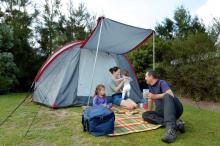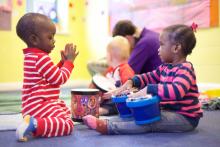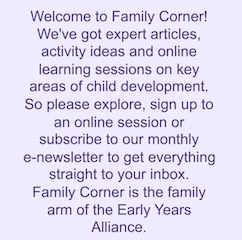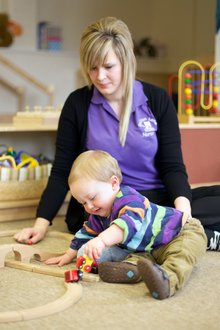This article was written by Lukas Farmer, Recruitment and Marketing Manager at Jo Jingles Limited.
Understanding the impact of parental involvement in early childhood music and movement activities is crucial for enhancing the developmental outcomes for children aged 0-5. Research highlights the effectiveness of culturally relevant and responsive teaching practices in making music education more engaging and fruitful for young learners.
Culturally relevant education and engagement
A study highlighted by Aronson and Laughter (2016) stresses the importance of culturally relevant education, which validates and incorporates the cultural backgrounds of students into the learning environment. This approach not only enhances engagement but also helps in developing a positive cultural identity. Applying this to music and movement, when educators incorporate music that resonates with the cultural backgrounds of families, children are more likely to engage and participate actively. This practice is supported by empirical evidence suggesting that culturally relevant teaching significantly boosts engagement and academic achievement in young children.
The role of family involvement
According to the Early Childhood Pedagogy Guide, engaging parents and carers in the educational activities of their children is fundamental to fostering effective learning environments. When family members actively participate in music and movement activities, they contribute significantly to their children’s emotional and social development. This involvement also aids in building stronger family-school connections, which are essential for ongoing educational support.
Practical applications for parents and carers
Parents and carers can engage with their children using these culturally responsive and musically enriching activities:
- Musical cultural exploration: Explore music from different cultures with your child. This could be as simple as listening to a variety of world music tracks at home and discussing the instruments or styles used in each.
- Make your own music: Together with your child, build homemade instruments from materials around your home. This activity supports fine motor skills and understanding of cause and effect.
- Attend community music events: Participate in local music and dance festivals that celebrate different cultures. This exposure will help children appreciate their own and others' cultural backgrounds.
Evidence-based benefits of music in early development
The research provided in "Teaching for Engagement" illustrates that early exposure to music and movement can lead to improved motor skills, enhanced auditory discrimination, and better language development. These benefits are particularly profound when parents and carers are actively involved in these musical activities, providing a supportive and responsive environment.
Integrating culturally relevant music and movement activities in early childhood education, with active parental involvement, is more than just a teaching strategy—it is a way to enhance overall child development. By embracing the diversity of musical expressions and encouraging parental participation, educators can create rich, engaging, and supportive learning environments that benefit young learners immensely.
Sources







